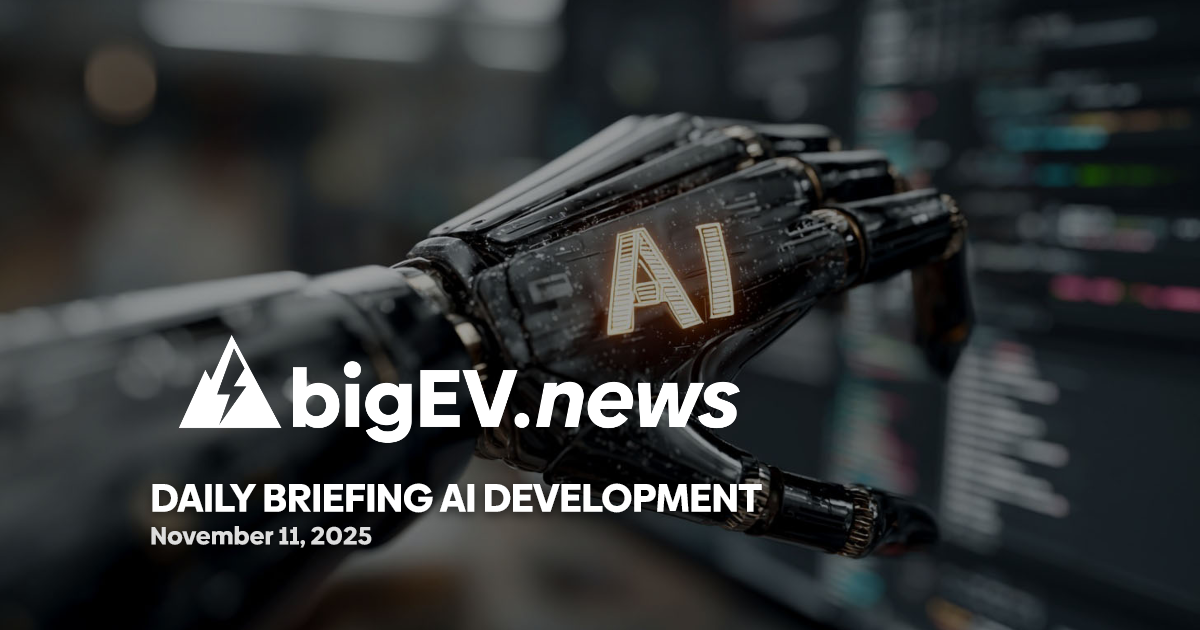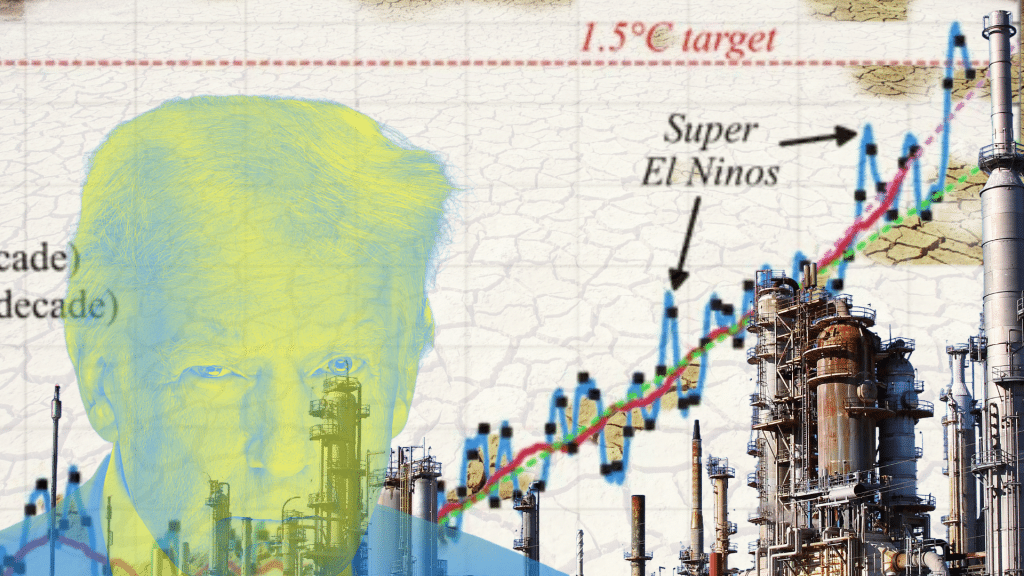AI breakthroughs in superintelligence, robotics, and bias detection are accelerating transformation across infrastructure, logistics, energy, and finance sectors.
At a glance – The last 24 hours have seen a surge in AI sector momentum, with new research teams, product upgrades, and datasets announced across the globe. Microsoft has launched a dedicated Superintelligence Team, Google introduced a paradigm-shifting continual learning model, and Sony AI released a major human image dataset to combat bias in computer vision. Meanwhile, edge AI robotics are gaining traction in manufacturing and logistics, and OpenAI has rolled out a significant update to its GPT-5 Pro model. These developments underscore a rapid shift toward more autonomous, ethical, and human-aligned AI systems, with direct implications for infrastructure, energy, and financial markets.
Technology advance – Microsoft has formally established its MAI Superintelligence Team, led by AI CEO Mustafa Suleyman and chief scientist Karen Simonyan, both renowned for their prior work at Inflection and DeepMind. The team’s mission is to develop “Humanist Superintelligence”—AI systems that address high-impact societal challenges in medicine, clean energy, and education, rather than pursuing open-ended artificial general intelligence. The group’s focus includes AI learning companions, medical superintelligence, and breakthroughs in sustainable energy, with a mandate to ensure all advances remain in service of humanity. This initiative is bolstered by a new arrangement with OpenAI, allowing both organizations to independently pursue superintelligence research, and has already attracted top talent from DeepMind, OpenAI, and Anthropic.
Partnerships – Google has unveiled Nested Learning, a novel machine learning paradigm designed to overcome “catastrophic forgetting”—a persistent challenge in continual learning. By structuring models as a hierarchy of nested optimization problems, each with its own workflow, Nested Learning enables AI systems to acquire new skills without sacrificing proficiency in previously learned tasks. This approach is expected to have immediate applications in infrastructure automation, logistics optimization, and adaptive energy management, where continual adaptation to new data is critical. The announcement follows Google DeepMind’s recent collaborations with mathematicians Terence Tao and Javier Gómez-Serrano, where AI agents like AlphaEvolve and Gemini Deep Think have already demonstrated the ability to discover and formally prove new mathematical results, signaling a new era of AI-augmented scientific discovery.
Acquisitions/expansions – The robotics sector is experiencing a leap forward with the proliferation of edge AI, enabling machines to process information locally without reliance on cloud connectivity. Recent advances in chip design and battery efficiency have produced autonomous drones and robots capable of real-time decision-making in environments ranging from disaster zones to factory floors. These edge AI systems are now equipped with enhanced sensory capabilities, including advanced cameras, 3D sensors, and artificial “skin” that detects pressure and temperature. This sensory upgrade allows robots to safely navigate crowded spaces, handle delicate objects, and operate independently in remote or connectivity-challenged locations, opening new markets in logistics, emergency response, and industrial automation.
Regulatory/policy – Sony AI has released the Fair Human-Centric Image Benchmark (FHIBE), a consent-based dataset of over 10,000 human images, designed to help researchers and regulators identify and mitigate biases in computer vision models. Published in Nature this week, FHIBE sets a new standard for ethical AI development and is expected to become a cornerstone for compliance with emerging global regulations on AI fairness and transparency. The dataset enables comprehensive evaluation of AI systems used in security, hiring, healthcare, and public infrastructure, ensuring that models do not perpetuate harmful stereotypes or discriminatory outcomes. This move is anticipated to influence upcoming policy frameworks in the EU, US, and Asia, where AI accountability is a growing legislative priority.
Finance/business – OpenAI has announced a major update to its GPT-5 Pro model, allowing users to interrupt and refine long-running queries without losing progress. This new feature, available immediately, is particularly valuable for financial analysts, researchers, and enterprise users who require iterative, context-sensitive responses for complex tasks. The update streamlines workflows in sectors such as investment banking, risk management, and supply chain analysis, where the ability to dynamically adjust AI-driven research can yield significant productivity gains. Meanwhile, the AI talent market remains robust, with companies across healthcare, manufacturing, and retail actively recruiting professionals skilled in AI, automation, and data science to drive digital transformation and maintain competitive advantage.
Sources: radicaldatascience, ai-weekly.ai, motyl-szary.com, aiapps.com, ai.plainenglish.io, TechXplore.com









